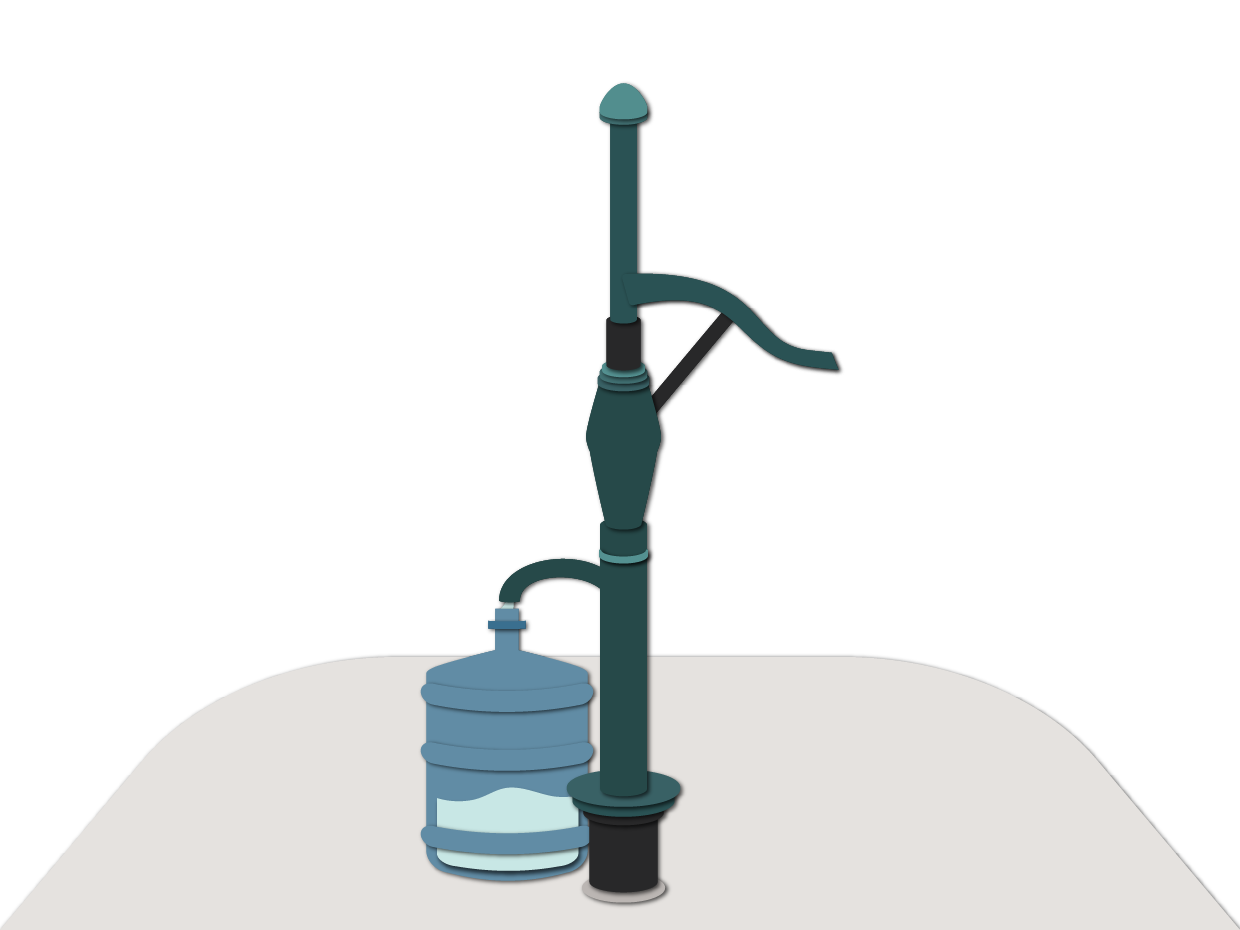Making a balanced budget is a good way to manage your finances and keep on track towards your financial goals.
On this page you’ll find
How can a budget help you?
A budget gives you an up-to-date picture of where your money is going. You can also call it a spending plan, a money map, or another name that feels right.
A budget can help you:
- Keep track of your income and expenses.
- Stay on top of your monthly bills.
- Be prepared for unexpected expenses.
- Avoid overspending.
- Figure out how much you need to save to meet your financial goals.
The value of a budget is that it helps you realistically compare how much money you have coming in (your income) with how much money you have going out (your expenses). To create a budget, you’ll need to know your income and expenses for an average month.
You can write your budget using pen and paper, an app, or a spreadsheet. You might even have access to a free budgeting app through your online banking service. The best method to use is the one you’re most likely to stick with. You can even try out a couple of different ways to see which one you prefer.
A balanced budget means that you’re able to cover all your expenses each month. Ideally, it’s also one that includes room for paying down debt and adding to your savings and investments. Your budget may not balance on the first try but give yourself time to adjust.
As you continue to use a budget, you’ll be able to look back on your previous spending patterns and better predict upcoming changes in your spending habits. You may also experience changes like moving, switching jobs, or having children, that will affect your expenses and income. Your budget is a tool that can help you to plan and adapt throughout your life.
Try our downloadable monthly budget worksheet to see an example of what a budget looks like.
Four easy steps to making a budget
Making a budget involves comparing your income with your expenses. And then comparing that to get your bottom line. There are four steps you can take to make your budget:
1. Add up your income – This is the amount of money you have to work with every month, after tax. Your income may come from multiple sources, and it may fluctuate. Make sure to include income from all sources — employment, government benefits, investment income, commissions or bonuses, and so forth. If you’re not sure, make a best estimate.
2. Add up your fixed expenses – Your fixed expenses are the ones that tend to be similar amounts from month to month. These are the essential expenses that cover your day-to-day living, including your rent or mortgage payments, cell phone bill, cable, internet, utilities and loan repayments.
3. Estimate your variable and occasional expenses – These are expenses that can change from month to month. They include things like gas, groceries, meals out and entertainment expenses. Occasional expenses include items like clothing, gifts, or vacation spending. These expenses can often be predicted in advance, but don’t always happen each month.
4. Calculate your bottom line – Subtract your total expenses (fixed and variable) from your total income. If it’s a positive number, that means you’ve got a bit of extra money you can plan for. If it’s negative, then you’ll likely need to find ways to trim your expenses.
Your budget may not balance the first time you try it. If this happens, look for places where you can spend less and make changes where you can. It can be revised and adjusted as often as you need.
Not sure how much you need to budget for? Try tracking your expenses for a month or two. This can be helpful if you haven’t made a budget in a long time and haven’t updated your assumptions about your spending needs. Sometimes tracking expenses is enough to identify where you can make changes.
Try the budget calculator
You can practice making your budget with this calculator to see what your bottom line could look like. Even if you have a rough estimate of your monthly income and expenses, this calculator can help you get a clearer picture.
How can a budget help you save?
If you find you have some money left over in your budget after you have paid the bills, this is an opportunity add to your saving and investing goals.
Make it part of your budget by adding a savings line to your monthly expenses. You can plan ahead for the savings and then “pay yourself first” by setting up automatic transfers to your savings account. Try to time the deposits to the day as your pay cheque gets deposited. When you make it automatic, it’s easier to save.
Budgeting can bring you peace of mind. Try these tips to take the stress out of budgeting.
Summary
Creating a balanced budget is a great financial habit. A budget can help you:
- Manage your money.
- Keep track of your income, expenses, bills, spending and savings.
- Prepare for unexpected expenses.
- Compare your after-tax income against your monthly expenses.
- Support planning for variable and occasional expenses, and future saving.
